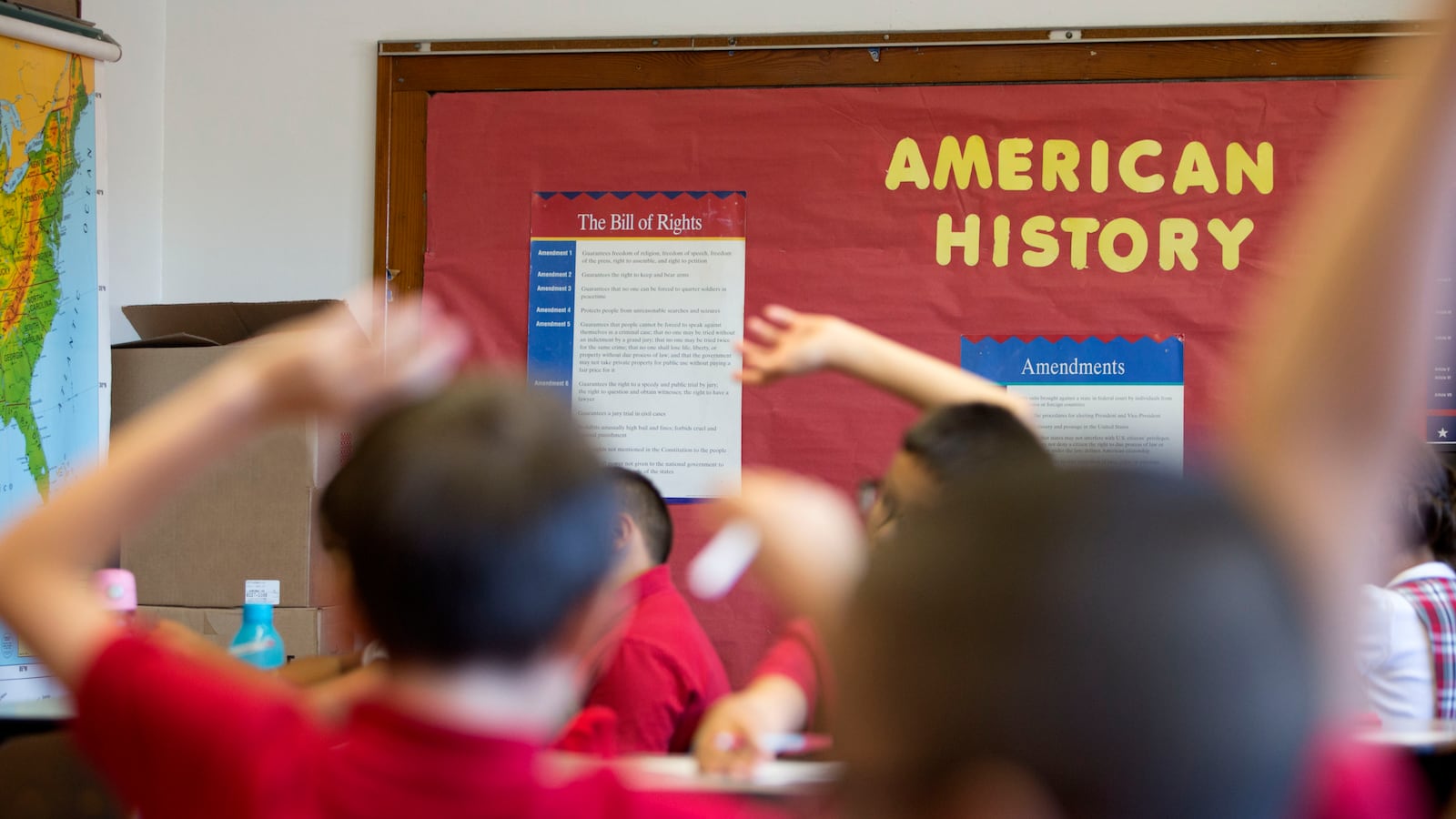Officials nationwide have raced to enact new laws and introduce new policies meant to shape how students learn and discuss history. Many of these efforts have attempted to ban critical race theory, an academic framework primarily taught at the college level that examines how policies and the law perpetuate systemic racism.
Tennessee was among the first states to enact a law intended to restrict K-12 classroom discussions about the legacy of slavery, racism, and white privilege. This year, book challenges and bans increased as Tennessee lawmakers debated several bills aimed at pulling titles from school library shelves.
Now, Tennessee students may soon learn more about Black history, following the recent passage of a bill that requires schools to infuse multiculturalism throughout the K-12 curriculum, with special attention to Black history in grades five through eight.
Here is everything you need to know about the Tennessee curriculum debate up to this point — and what may be on the horizon.
How we got here: CRT and Tennessee’s curriculum debate
How the age-appropriate debate is altering curriculum in Tennessee and nationwide
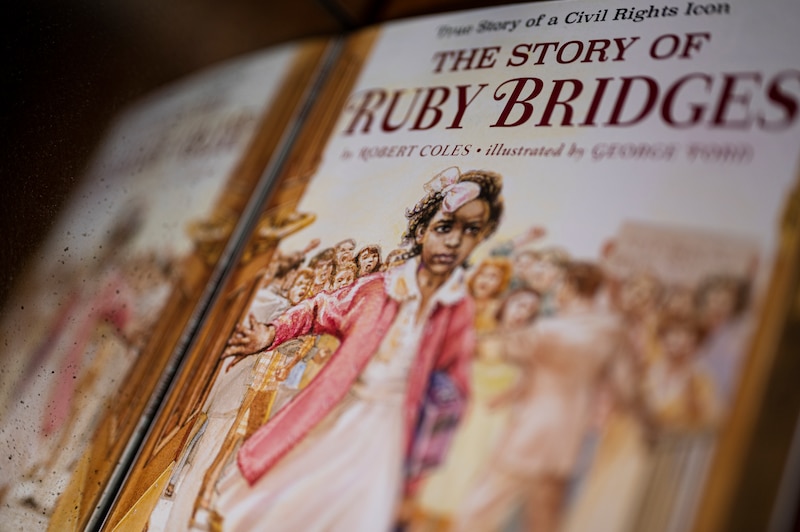
“Front and center are concerns about the age-appropriateness of curriculum and instruction designed to introduce painful truths about America’s origins and present-day injustices. Truths, which some parents feel are at odds with a redeeming and inspirational national narrative, and which others say must be shared early if America hopes to ever achieve racial reconciliation.”
CRT and book bans in Tennessee schools
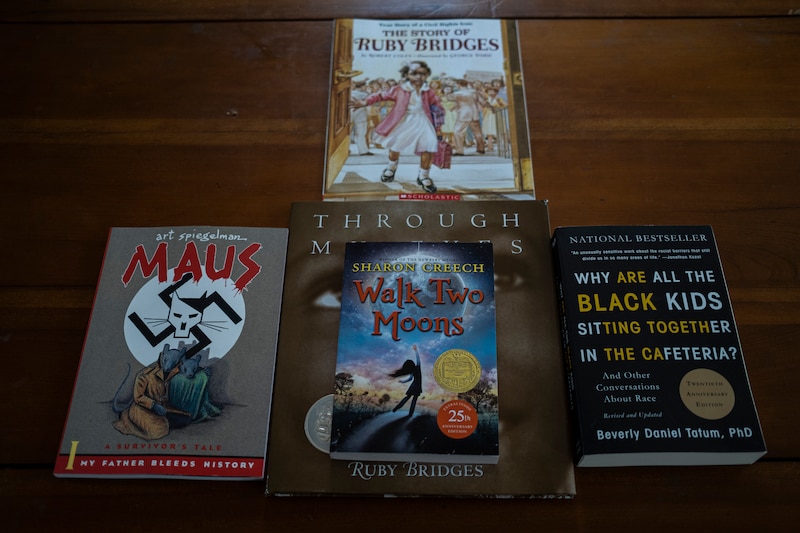
“Across the country, new laws targeting critical race theory and debated books are influencing the small but pivotal decisions educators make every day: how to answer a student’s question, what texts to read as a class, and how to prepare for a lesson.”
CRT Map: Efforts to restrict teaching racism and bias have multiplied across the U.S.
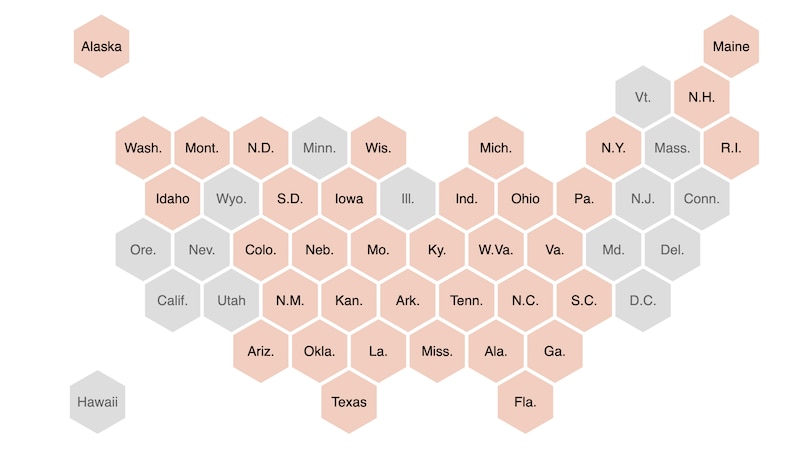
“In some states, lawmakers have tried to restrict antiracism training or the teaching of what they call ‘divisive concepts.’ But on the opposite end, other states are adding ethnic studies courses or incorporating more about people of color into their learning standards.
Tennessee nails down rules for disciplining teachers, withholding money from schools that teach banned concepts about racism

“Tennessee has bolstered the financial penalties against large school districts that violate the state’s new law regulating discussions on race and gender in the classroom.”
Protesters confront Tennessee education commissioner over claims of critical race theory in curriculum

“The protest brought together parents and grandparents in rural and suburban Sumner County. Organizers promoted the gathering on social media and via email through notices that mentioned critical race theory and invited people to ‘protest the indoctrination of our kids.’ ”
How Nikole Hannah-Jones’ 1619 Project ignited the critical race theory backlash

“To chronicle how Hannah-Jones’ work and tenure controversy contributed to this transformational moment in history education and educational policy, Chalkbeat has created a timeline of key events.”
Legal scholars question Tennessee’s new bill restricting how educators teach about racial injustice
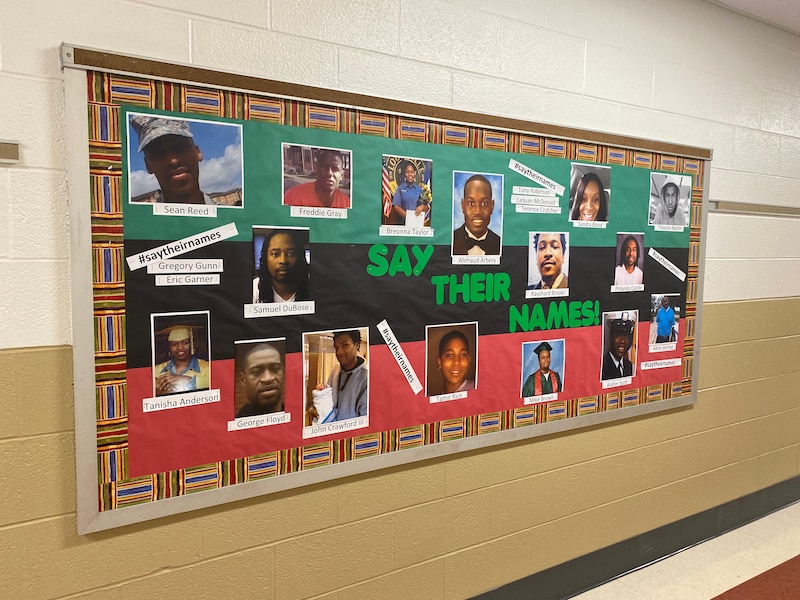
“Legal scholars are questioning whether a recently passed bill that seeks to restrict Tennessee educators’ teachings about race and racism will pass legal muster given past precedent, including one case that dates back 50 years.”
The Tennessee legislature: How lawmakers have played a role in the CRT and curriculum discussion
Tennessee is close to becoming the next state to require Black History education
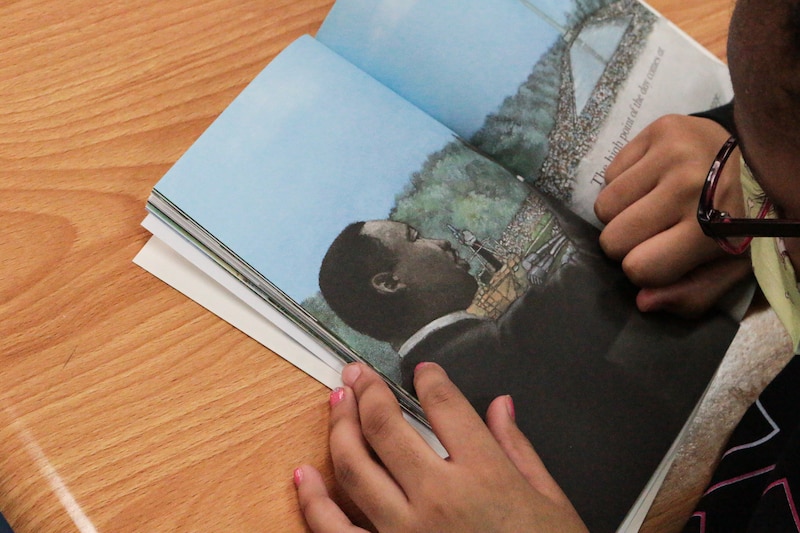
“Tennessee students may soon learn more about Black history, following the recent passage of a bill that requires schools to infuse multiculturalism throughout the K-12 curriculum, with special attention to Black history in grades 5 through 8.”
After book burning comment, Tennessee lawmakers vote to let state veto library materials

“The final legislation creates a statewide process in which parents, school employees, or other complainants can appeal the decisions of locally elected officials on books challenged as being ‘inappropriate for the age or maturity levels’ of students who can access them.
How Biden grants and parent concerns of ‘indoctrination’ spurred Tennessee Republicans to limit how race and racism are taught
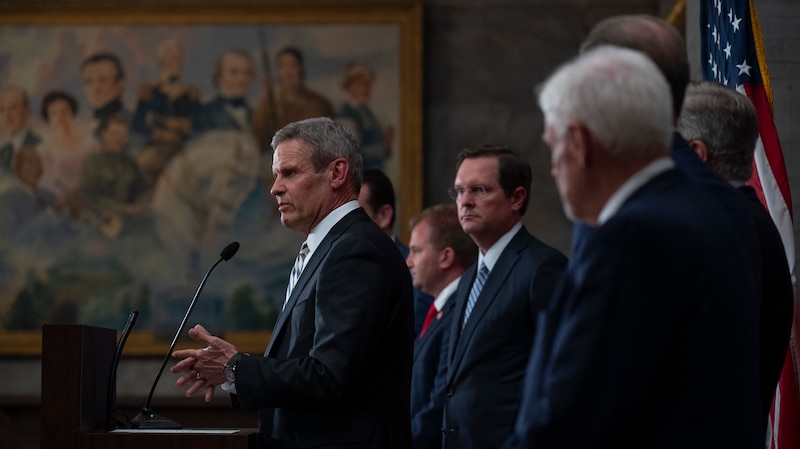
“The grant program — prioritizing instruction on diversity, anti-racism, and the legacy of slavery — unleashed a torrent of backroom discussions just 2½ weeks before Tennessee’s General Assembly adjourned on May 5.”
In their own words: How CRT and school curriculums are viewed by educators, students, and parents
First Person: How should the U.S. teach about slavery? Here’s how other countries face their most shameful chapters.

“All this is to say that if you close your eyes and spin the globe, guaranteed your finger will land on a country with a shameful past that endures. The United States, with its history of atrocities from slavery to the slaughter of Native American peoples, is no different. The legacy of those horrors is still very much with us. What distinguishes societies, however, is the extent to which they confront and address their difficult history.”
Tennessee students: CRT laws promote bias in school, hurt mental health

“Students from Memphis, Nashville, and Knoxville said they’re disheartened by the law and its fallout, at a time when leading health officials are warning of an accelerating youth mental health crisis brought on by the pandemic.”
Tennessee educators respond to proposed limits on teaching about racism

“ ‘To be frank, the bill will not make it harder for my personal classroom because I plan to ignore it. Who’s going to enforce it? This is a bill that viciously favors white children and ignores the needs of children of color.’ ”
Tennessee law restricting classroom discussions on race inspires passionate, poignant and enraged feedback

“According to a Chalkbeat analysis of approximately 900 comments obtained through a public records request, almost half came from people identifying themselves as parents or grandparents. Nearly 60 came from current, former, or retired educators, and another 21 were submitted by advocacy, professional, or citizens groups.”
First Person: Students of color deserve to see themselves in their school curriculum

“I craved stories in which Black and brown people are visible, and their accomplishments are recognized. But I had to seek those out on my own.”
First Person: A ‘Golden Age’ for whom? Tennessee history standards need a rewrite.
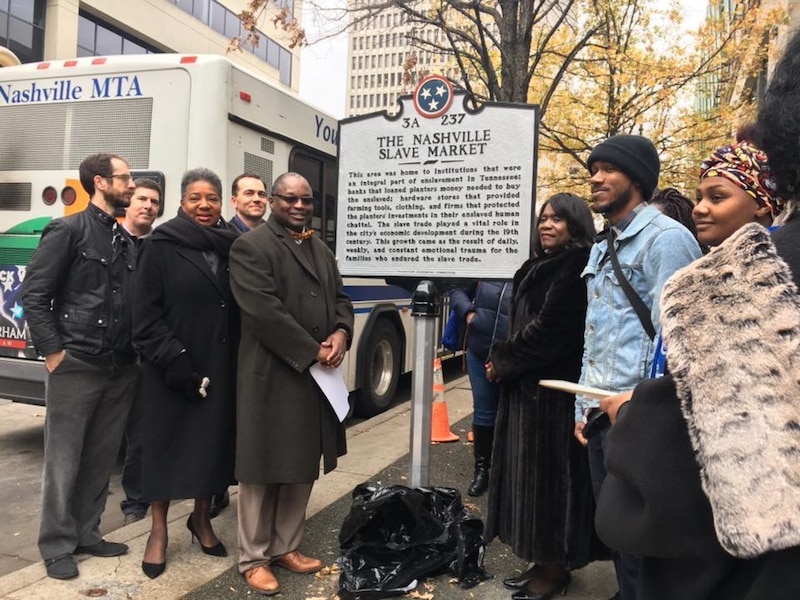
“This past May, Tennessee passed a law that restricts the way students can be taught about race, including banning concepts related to critical race theory and any teaching that the United States or meritocracy is inherently racist or oppressive. This controversy has distracted from what is genuinely problematic in existing curricula: the whitewashing of history and the erasure of the experiences of Tennesseans of color.”

